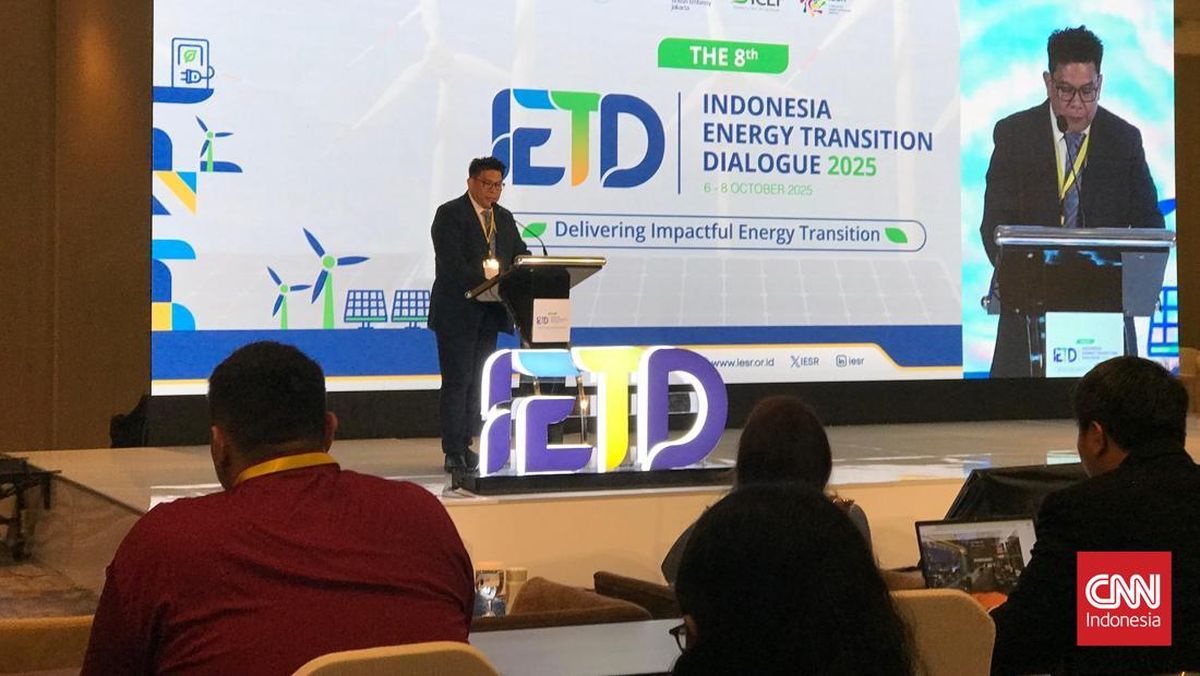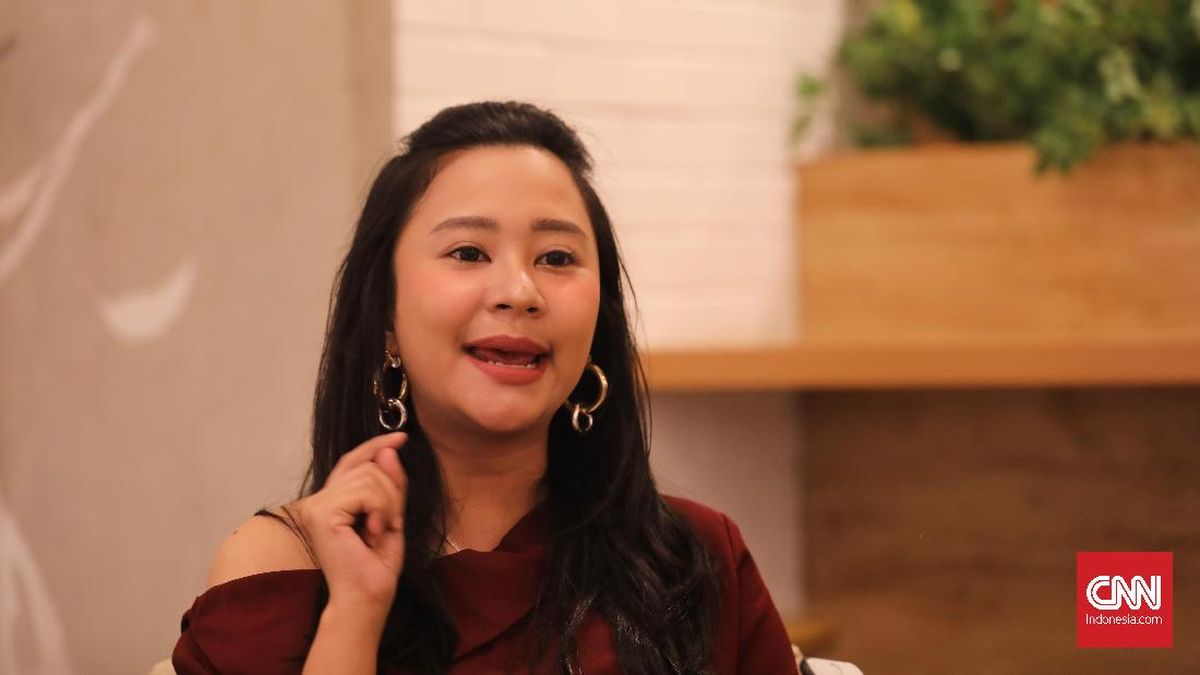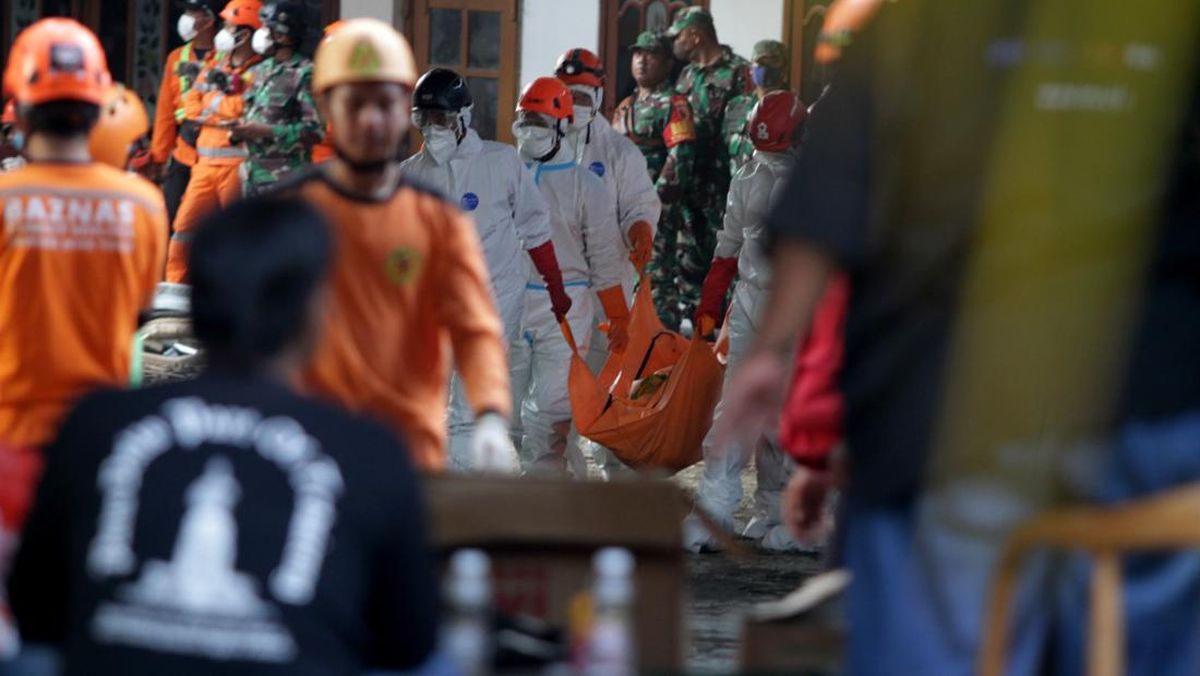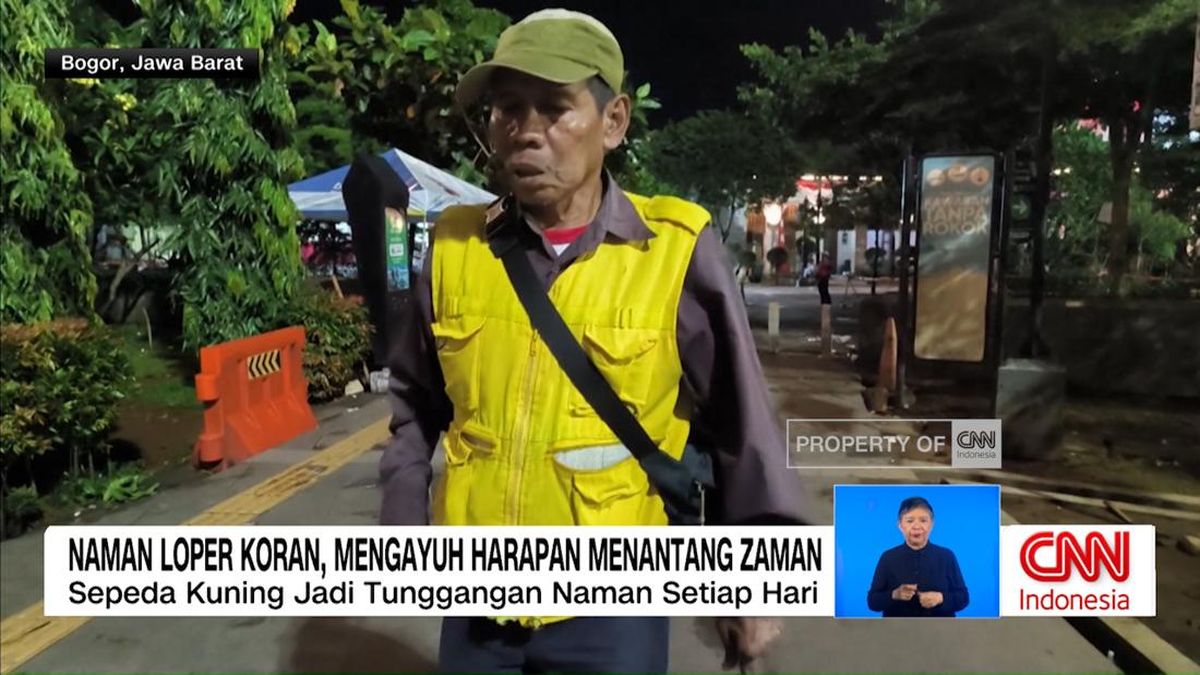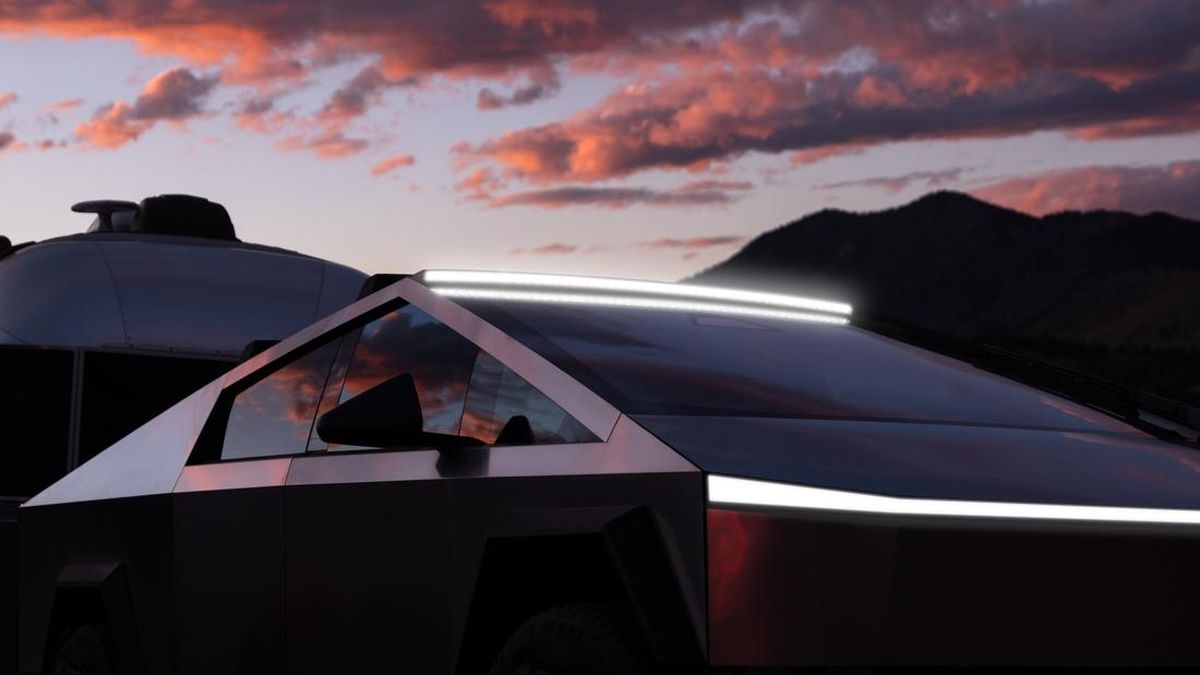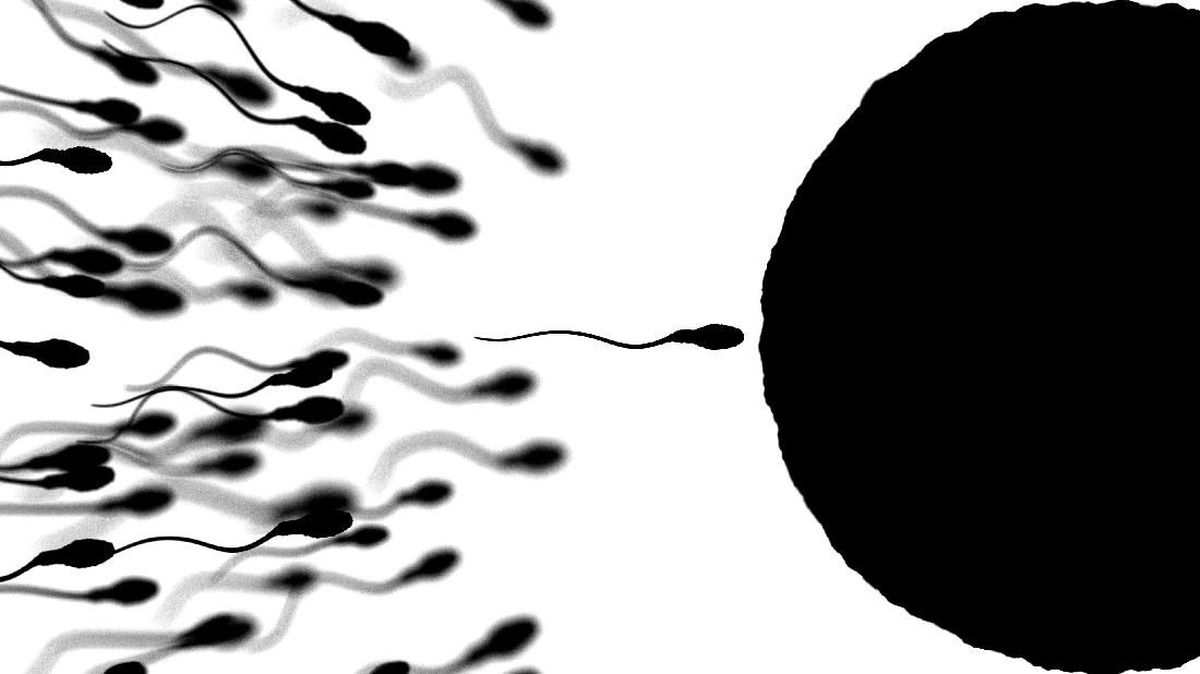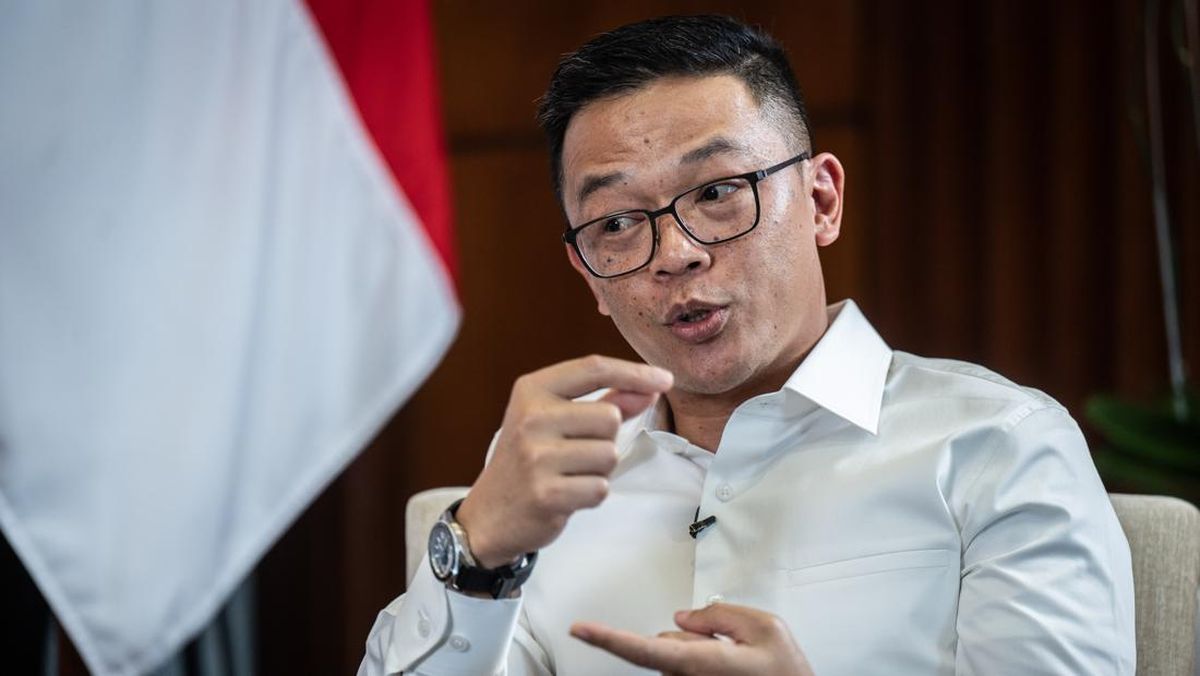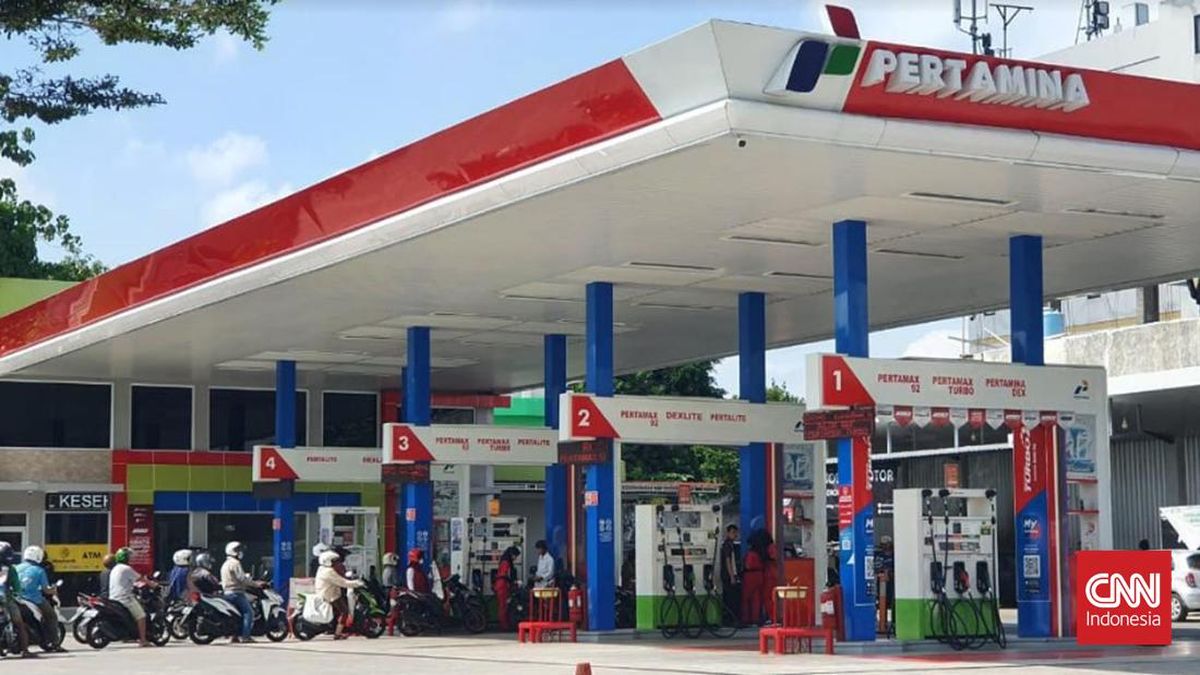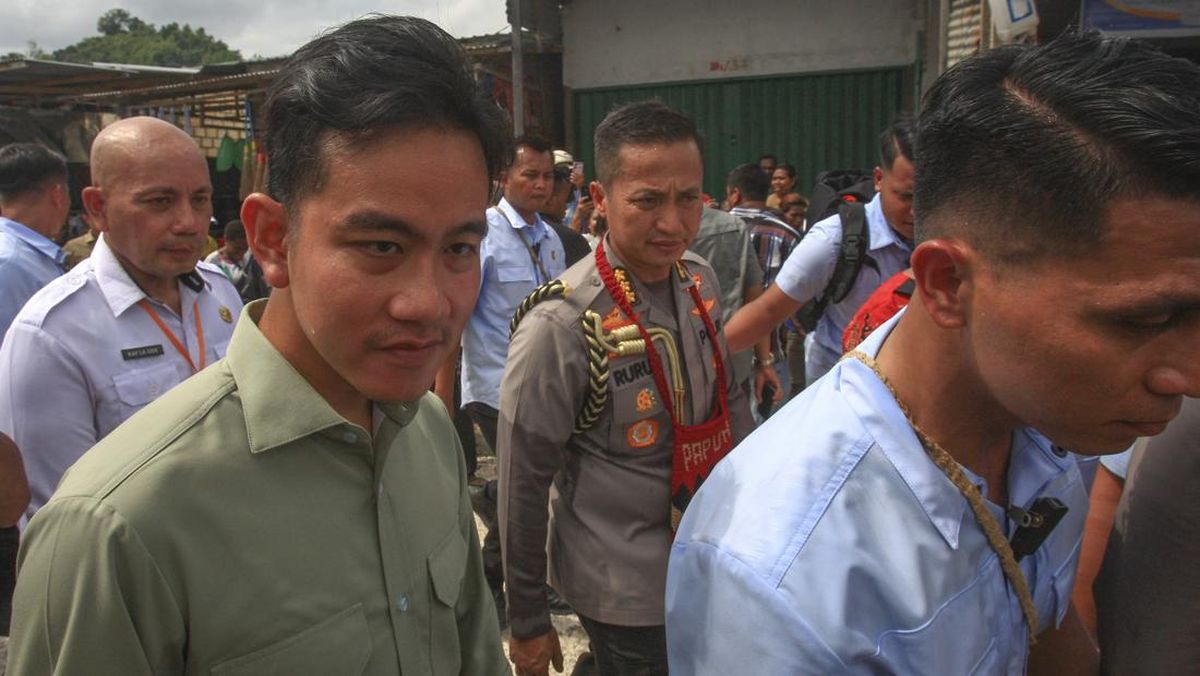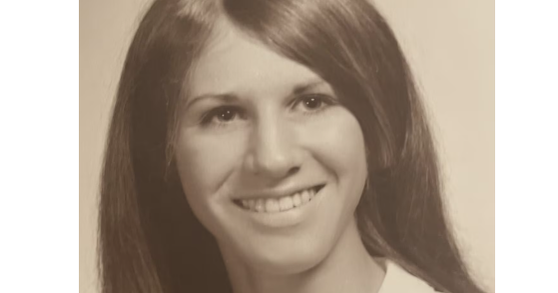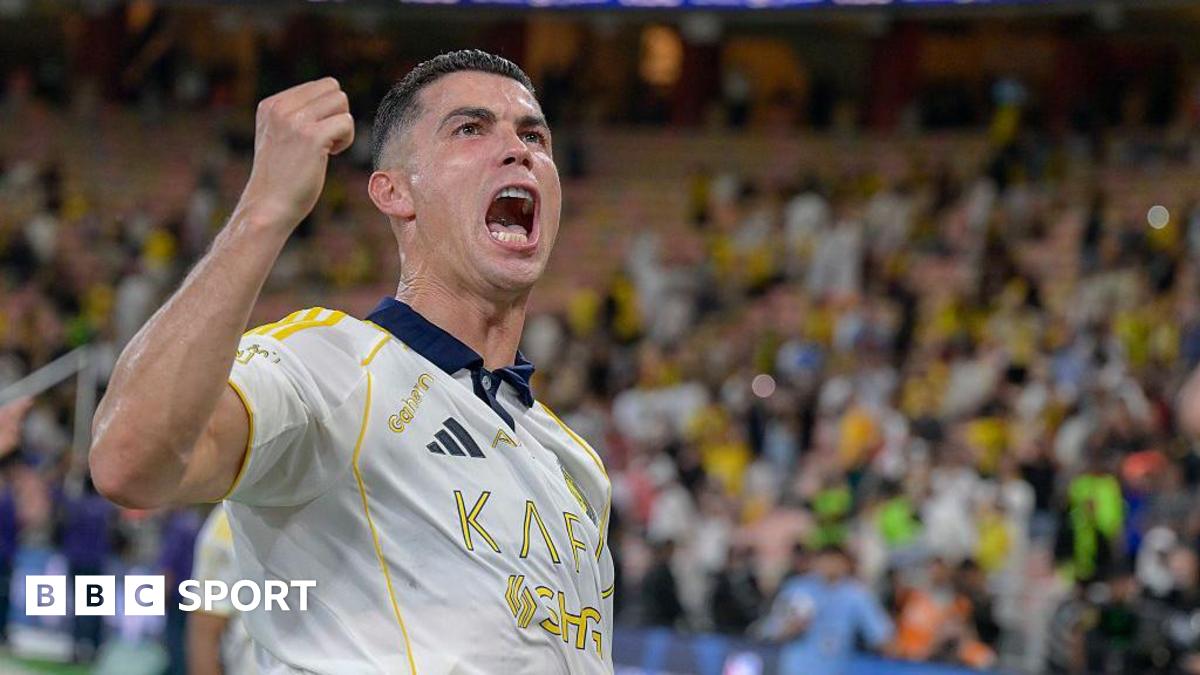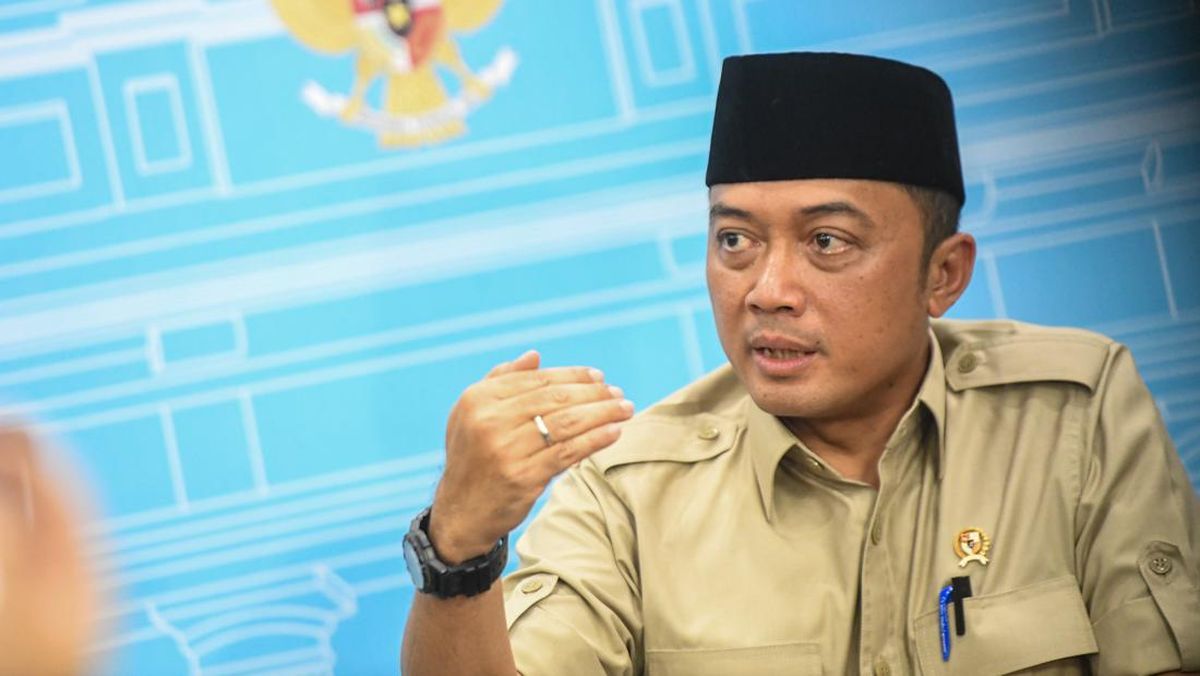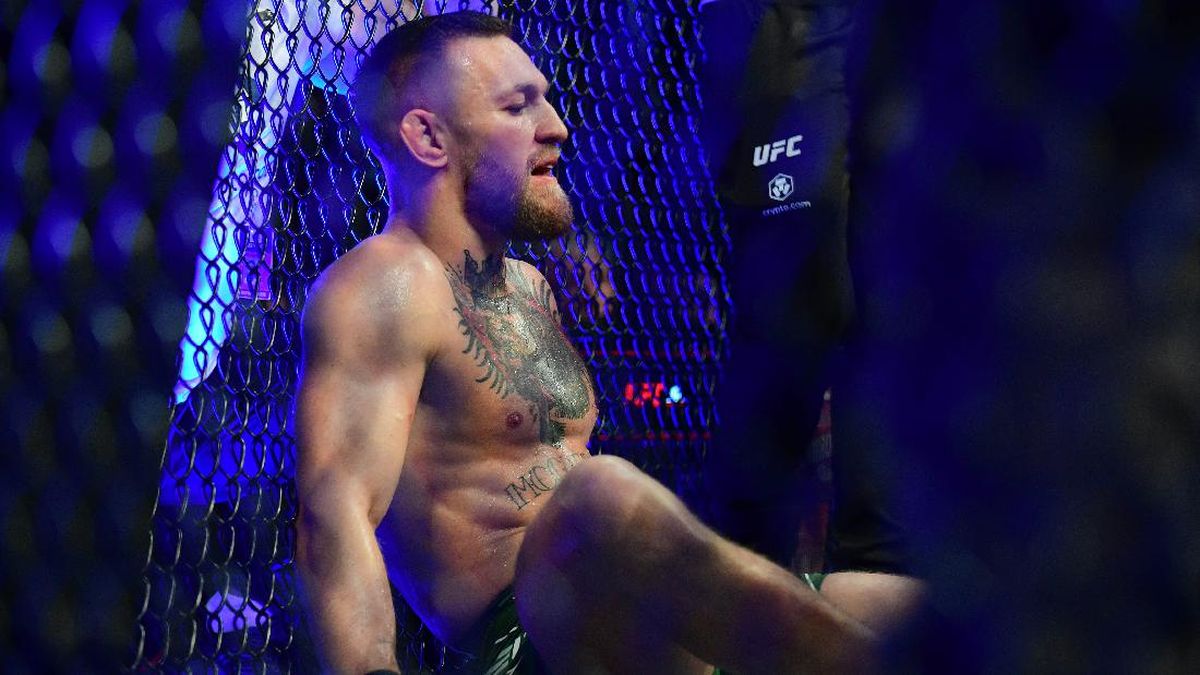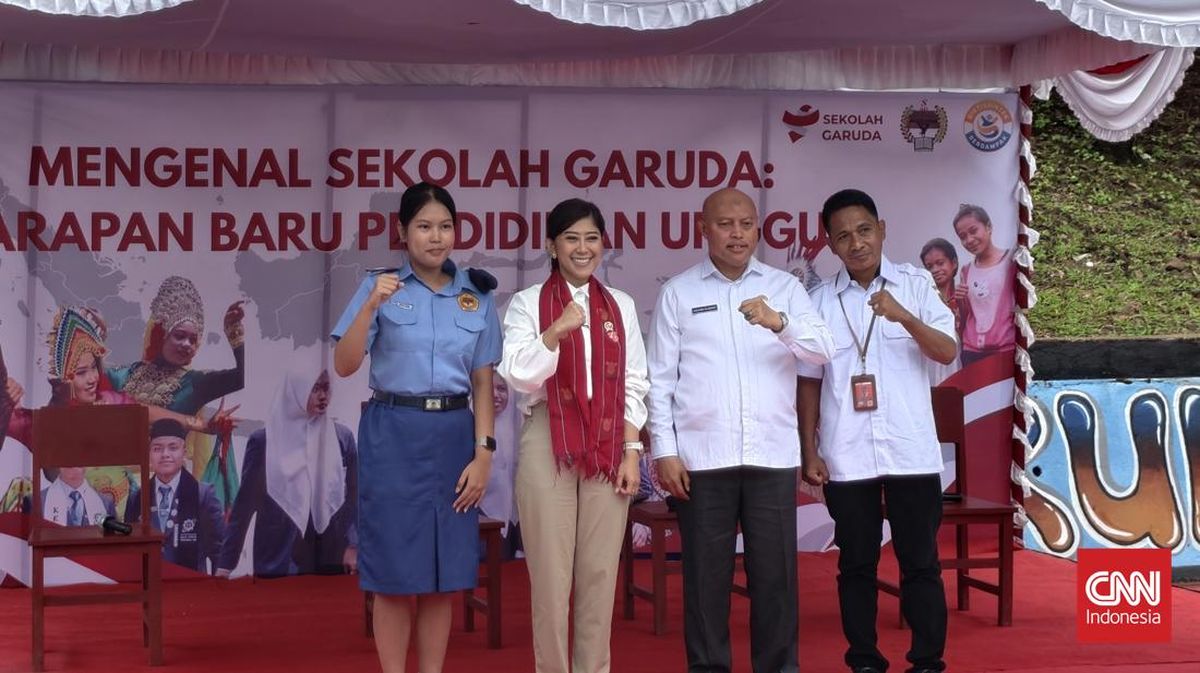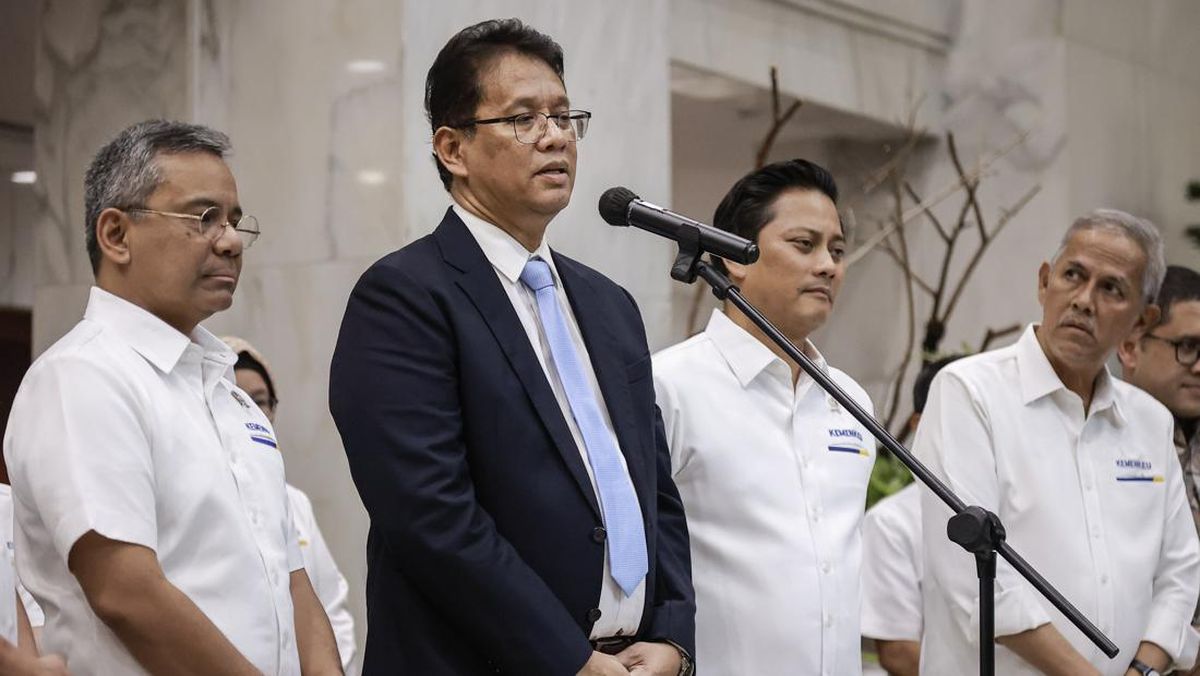Kim Beazley, Australia’s former ambassador to the US, has called for the AUKUS deal to be beefed up with a new pact on critical minerals, which have emerged as a selling point to solidify the Trump administration’s support for the submarine deal ahead of Prime Minister Anthony Albanese’s visit to Washington next month.
Beazley, also a former defence minister and opposition leader, said Australia had a unique chance to leverage its supply of rare earths to feed American demand as the US searched for supply chains which do not involve China.

Former ambassador, defence minister and opposition leader Kim Beazley.Credit: Pat Scala
Minerals are vital components of radar and laser systems used in modern military technology such as fighter jets, submarines and drones. Beazley urged Albanese to create a third pillar of AUKUS, on top of strategic co-operation and a deal on nuclear submarines, that would involve Australia paying for the processing of rare earths to be used in US defence.
“Critical minerals are the ball game for the Chinese, and it is also the main ball game for countering China,” Beazley said in an interview with this masthead.
“AUKUS pillar three would be Australia taking responsibility and supplying the US with what it needs. We are totally critical here. It is really a game, set and match equation if we play it right.”
Loading
Albanese will hold a formal bilateral meeting with Trump at the White House on October 20. A key talking point ahead of the meeting is the status of the deal to buy nuclear submarines from the US, which is being reviewed by the Pentagon amid doubts about the American ability to produce enough submarines for its own needs.
The Albanese government has been making the case that AUKUS is critical to US strategic interests in the Indo-Pacific contest with China. On Sunday, Albanese linked pillar two of AUKUS to Australia’s supply of rare earths such as cobalt and lithium.
“[Critical minerals] could become ... a part of pillar two,” Albanese said on the ABC’s Insiders.
“Australia has everything that is in demand, almost the entire periodic table. And whether you’re looking at lithium with the reserves that we have, or cobalt or copper or vanadium, we have great resources.”
“We went to the election saying that we would have a critical minerals reserve, and that that would be a way in which we ensured that markets couldn’t be manipulated in the way that nickel, for example, has been manipulated … to alter prices and therefore to reinforce dominance, in that case of China, in that market.”

Beazley, now the chairman of the Australian War Memorial, and Prime Minister Anthony Albanese in February.Credit: Alex Ellinghausen
AUKUS is better known for its first pillar, the $368 billion deal to acquire nuclear submarines. Pillar two focuses on increasing collaboration with the US and UK on emerging technologies such as AI and robotics.
This masthead reported on Saturday that Australia was hoping to finalise a deal giving the US guaranteed access to its rich deposits of minerals such as cobalt and lithium.
Beazley said digging up and processing rare earths was not necessarily profitable, meaning governments had to fund the process. But China, he argued, used its dominance of rare earths as a geopolitical tool, overlooking the financial burden of paying for exploration and processing.
Loading
Critical minerals is a catch-all term for the elements that are used to manufacture advanced technologies, including mobile phones, computers, fibre optic cables, semiconductors, banknotes, medical equipment and weapons. Many are used in low-emission technologies such as electric vehicles and solar panels, and China’s dominance of the global rare earths trade is increasingly viewed as a risk to the sovereignty of Western nations.
Asked on Sky News’ Sunday Agenda if he liked Trump as person following his series of calls and a brief meeting in New York last week, Albanese said: “I do.”
“They’ve been very warm, the conversations that we’ve had. And he was very generous in the comments that he made when we discussed after my re-election. I look forward to sitting down with him.”
Opposition foreign affairs spokeswoman Michaelia Cash said Albanese would be judged on his ability to secure a strong commitment from Trump on AUKUS.
“Australians don’t expect their prime minister to be scared, they expect their prime minister to deliver outcomes,” Cash said on Sky News.
“What are the outcomes on AUKUS, Mr Albanese? Will you be able to get a clear statement from the president in relation to the commitment?”
Cut through the noise of federal politics with news, views and expert analysis. Subscribers can sign up to our weekly Inside Politics newsletter here.
Most Viewed in Politics
Loading

